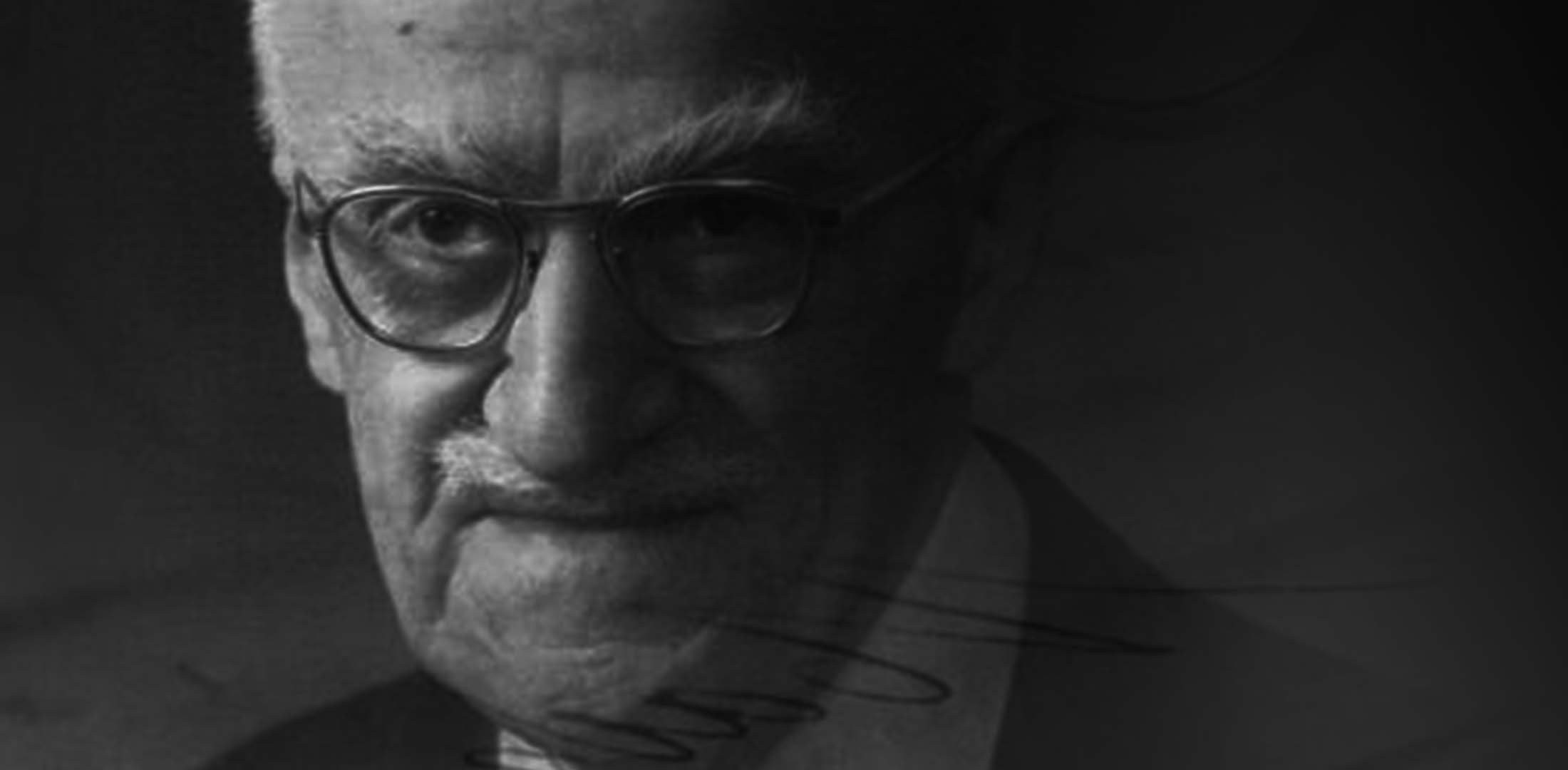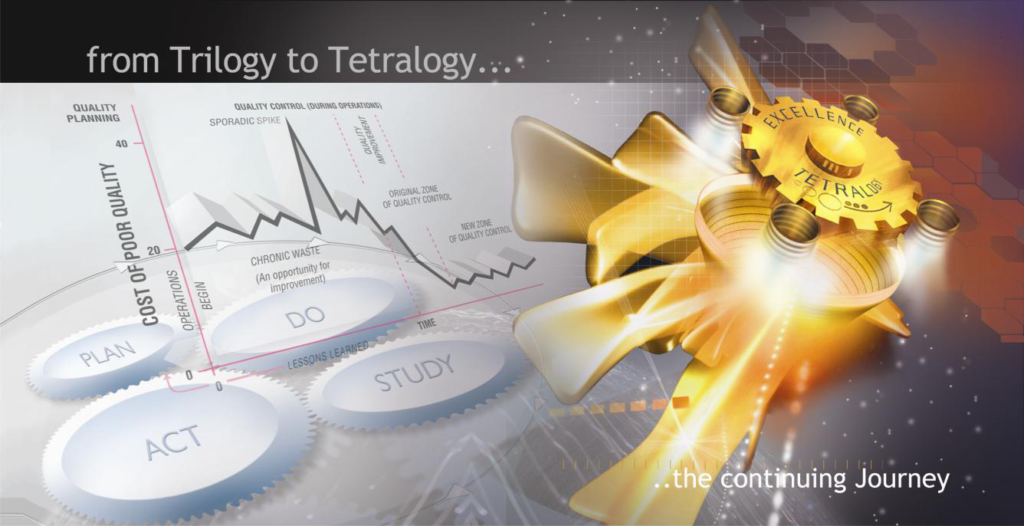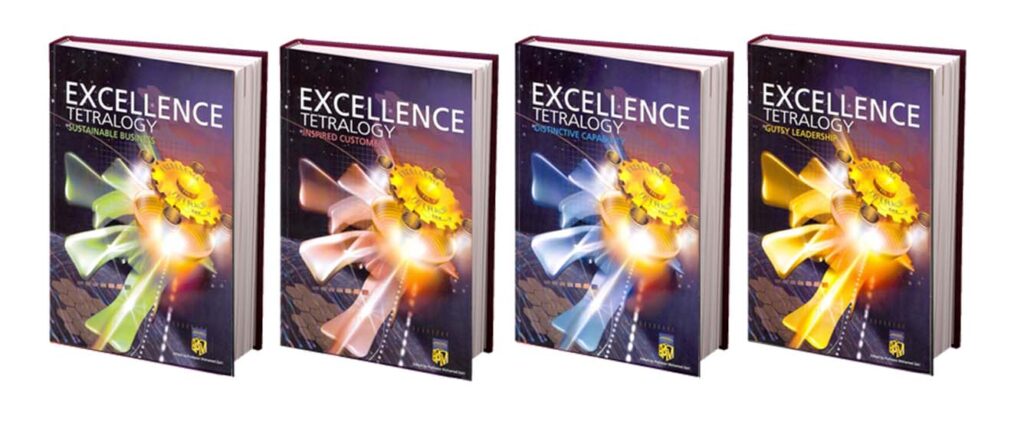Trilogy to Tetralogy
Joseph Jurans classic book ‘The Quality Control Handbook’ developed from the 1950s is still the standard reference work for Quality Managers encapsulating his three major points of a quality trilogy:
- Quality Planning
- Quality Control
- Quality Improvement
The Juran Trilogy created a common discipline about planning for quality with the customer in mind, with clear deliverables in mind and also identification of needs in mind and then applying those needs and converting them into meaningful outcomes- tangible outcomes such as products and services.
The Juran philosophy based on his trilogy states that when quality deviates from the norm, it has to be corrected and thus quality control was instigated to cope with variation and to create consistency. Once you have a standard that becomes predictable quality improvement kicks in. Quality improvement can be improved all the time through innovative solutions.
As we move deeper into an internet based era, quality becomes more of a challenge. The customer is now in the driving seat and the mindset is now on the customer mixing and matching, choosing and putting together their own individualised solutions.
Professor Zairi has moved forward the Quality Trilogy with new publications extending latest thinking to a Quality Tetralogy which comprises:
- Gutsy Leadership
- Distinctive Capability
- Inspired Customer
- Sustainable Business
The result of over 20 years research, most of the elements proposed in the tetralogy have been empirically tested and validated in most sectors and regions of the world.
Whilst Juran’s pre-jet age trilogy was primarily concerned with building internal organisational capability for higher customer satisfaction, the tetralogy examines the wider perspective of building organisational external capability for sustaining itself and delivering expected growth and development.
The publications serve to inspire, guide and assist new generations of leaders and managers on the journey of the relentless pursuit of quality in the current and future world order.


